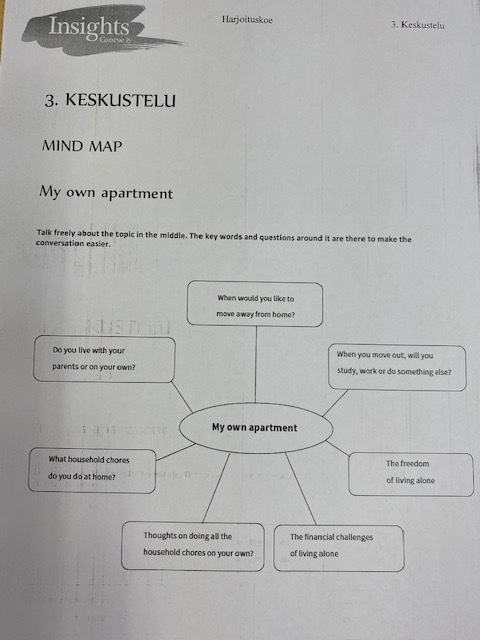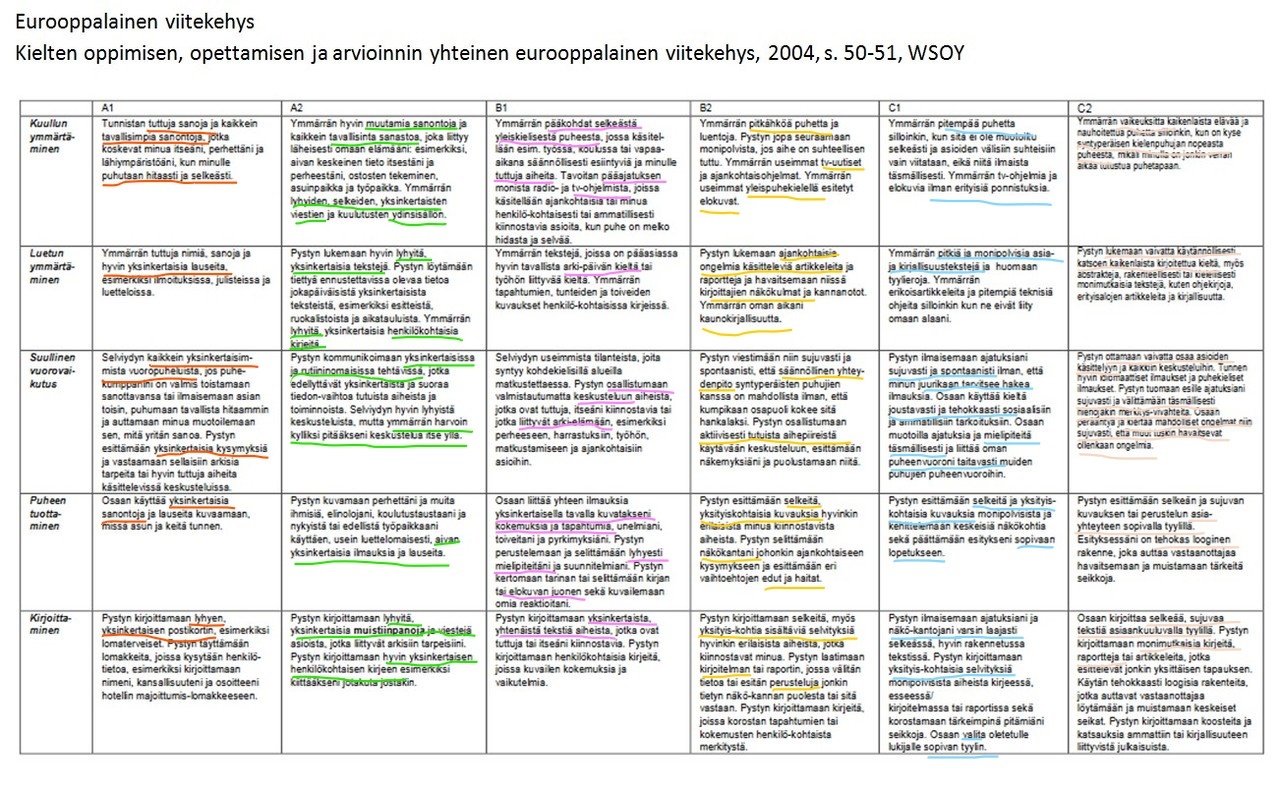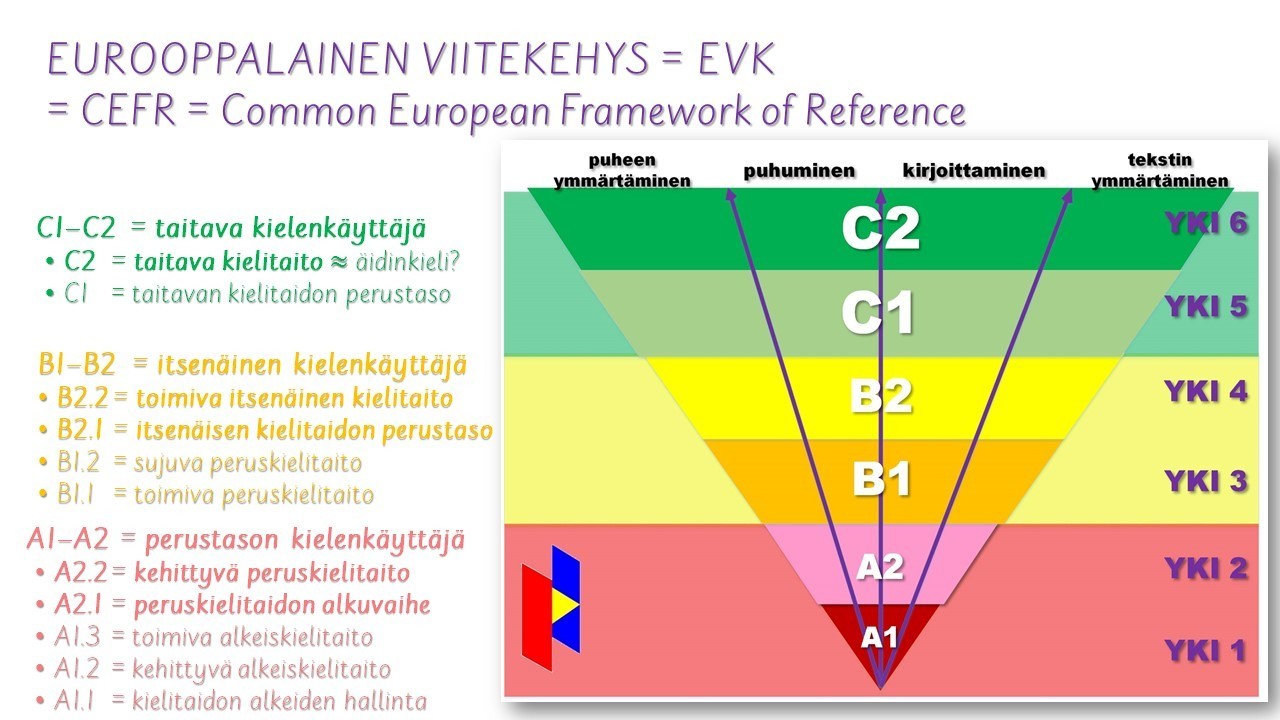Oral exams
Oral exams
The oral exams consist of 3 parts:
1. reading and commenting on a text
2. Summary (read the text carefully through and then retell it in your own words to your pair)
3. Dialogue
Here are examples of those:
Part I Reading and commenting:

Part 2 Summary and discussion:

Part 3 Dialogue:

General info:
* the oral exams are taken in pairs (the teacher will pair you up :) )
you will be given the assignments and you will have 20 minutes time to prepare for the tasks in a separare classroom
* you will have 20 minutes to accomplish all 3 tasks
* the whole 20 minutes will be recorded
* you will be given a separate certificate on the exam containing the grade you got from it (not necessarily the same as the course grade)

How to prepare:
* try to convey a positive and versatile picture of you as an English speaker
* try not to pay too much attention on grammar errors
* if you don´t know a certain word, play alias :) = explain it in other words
* look at your pair, not paper
* you can take notes on paper when you prepare but try not to rely too much on them
* be an active listener!
* if you forget something you were to say, no worries; what matters is that you talk adequately in your own words and as naturally as possible
* remember to be polite!

When taking the exam:
Part 1:
* try to read as naturally as possible, as if you were in a real situation
* don´t rush
* listen carefully to what your pair reads and comment on it
* then change roles
Part 2:
* use your notes only a little
* tell in your own words
* address the questions to your pair after your summary
* discuss briefly
* then your pair summarizes their text and asks their questions
* discuss briedly again
Part 3:
* decide who´s A and who´s B
* bear in mind that both should produce about an equal amount of speech
* read the given assignment carefully through
* interpret the task freely without looking at your notes too much
* try to use the given tips
What will be evaluated:
* interaction
* fluency
* pronunciation
* linguistic skills = the used vocabulary & grammar
* the correctness of your language
This will be done using the Common European Framework of Reference for Languages (CEFR), and given a grade from 4-10, based on CEFR. C1 = 10, B2.2 = 9, B2.1 = 8 (this is the level a high school student in Finland should have reached after accomplishing all the 8 national courses), B1.2 = 7, B1.1 = 6, A2.2 = 5, A2.1 = 4
1. reading and commenting on a text
2. Summary (read the text carefully through and then retell it in your own words to your pair)
3. Dialogue
Here are examples of those:
Part I Reading and commenting:

Part 2 Summary and discussion:

Part 3 Dialogue:

General info:
* the oral exams are taken in pairs (the teacher will pair you up :) )
you will be given the assignments and you will have 20 minutes time to prepare for the tasks in a separare classroom
* you will have 20 minutes to accomplish all 3 tasks
* the whole 20 minutes will be recorded
* you will be given a separate certificate on the exam containing the grade you got from it (not necessarily the same as the course grade)

How to prepare:
* try to convey a positive and versatile picture of you as an English speaker
* try not to pay too much attention on grammar errors
* if you don´t know a certain word, play alias :) = explain it in other words
* look at your pair, not paper
* you can take notes on paper when you prepare but try not to rely too much on them
* be an active listener!
* if you forget something you were to say, no worries; what matters is that you talk adequately in your own words and as naturally as possible
* remember to be polite!

When taking the exam:
Part 1:
* try to read as naturally as possible, as if you were in a real situation
* don´t rush
* listen carefully to what your pair reads and comment on it
* then change roles
Part 2:
* use your notes only a little
* tell in your own words
* address the questions to your pair after your summary
* discuss briefly
* then your pair summarizes their text and asks their questions
* discuss briedly again
Part 3:
* decide who´s A and who´s B
* bear in mind that both should produce about an equal amount of speech
* read the given assignment carefully through
* interpret the task freely without looking at your notes too much
* try to use the given tips
What will be evaluated:
* interaction
* fluency
* pronunciation
* linguistic skills = the used vocabulary & grammar
* the correctness of your language
This will be done using the Common European Framework of Reference for Languages (CEFR), and given a grade from 4-10, based on CEFR. C1 = 10, B2.2 = 9, B2.1 = 8 (this is the level a high school student in Finland should have reached after accomplishing all the 8 national courses), B1.2 = 7, B1.1 = 6, A2.2 = 5, A2.1 = 4

